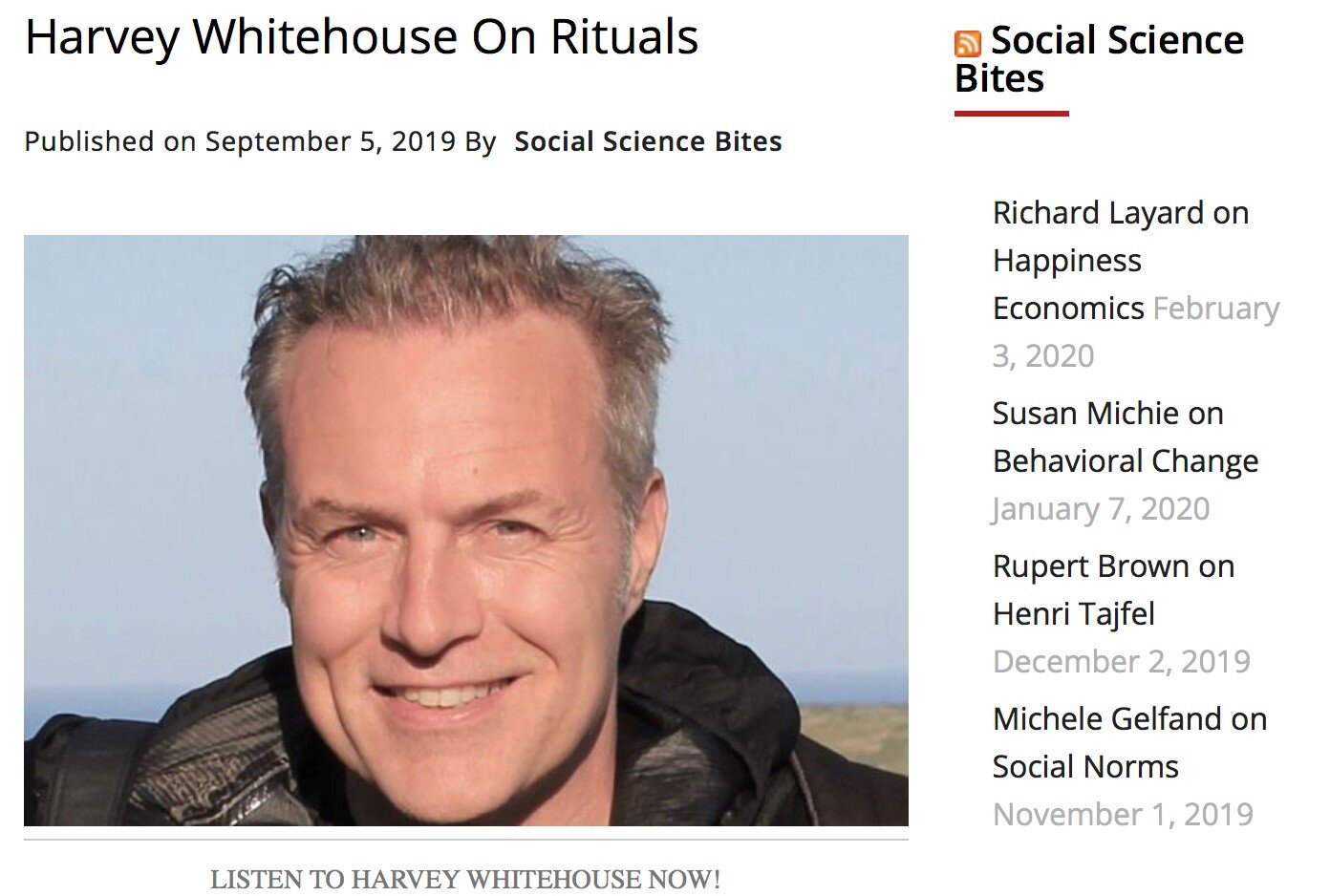Theorizing Religions Past: Archaeology, History, and Cognition
/
Historians bound by their singular stories and archaeologists bound by their material evidence don’t typically seek out broad comparative theories of religion. But recently, Harvey Whitehouse’s “modes of religiosity” theory has been attracting many scholars of past religions. Based upon universal features of human cognition, Harvey’s theory can provide useful comparisons across cultures and historical periods even when limited cultural data is present. In this groundbreaking volume, scholars of cultures from prehistorical hunter-gatherers to 19th-century Scandinavian Lutherans evaluate Harvey’s hypothesis that all religions tend toward either an imagistic or a doctrinal mode depending on how they are remembered and transmitted. Theorizing Religions Past provides valuable insights for all historians of religion and especially for those interested in a new cognitive method for studying the past.







Harvey Whitehouse, Brian McQuinn, Michael Buhrmester, and William B. Swann (2014). Proceedings of the National Academy of Sciences, Vol. 111, No. 50: pp. 17702-17703.